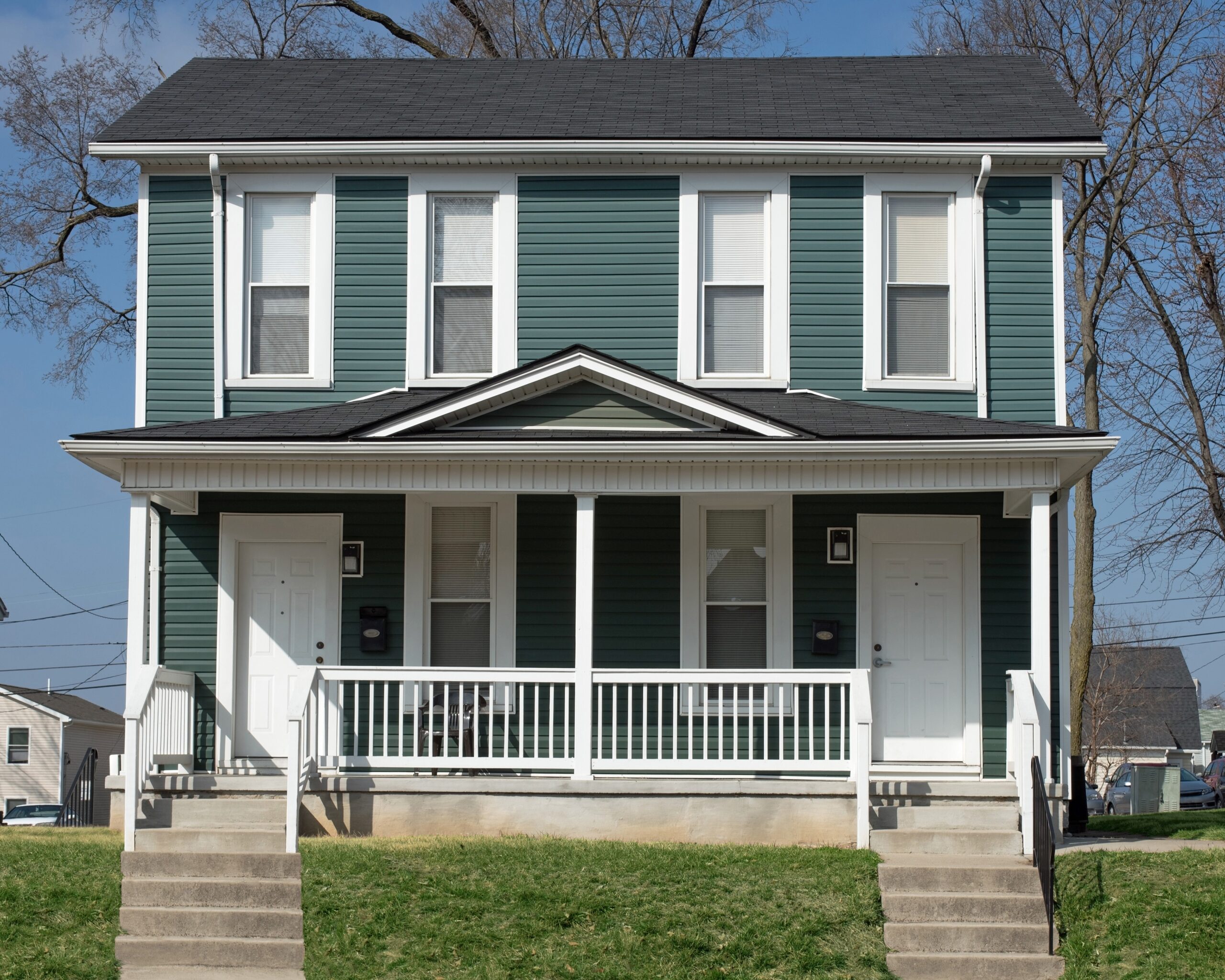
June 30, 2025
America’s Six Million Home Shortage: Why California Is at the Epicenter
A growing body of research estimates that the US faces a severe housing shortage, with missing homes numbering between 3.8 million and 8.2 million. Using the midpoint—approximately six million missing homes—new AEI Housing Center analysis shows where this shortage is most acute and why about two million missing homes can be traced back to California and its neighbors….

June 26, 2025
Does Building Light-Touch Density Housing Lower Single-Family Home Values? Evidence from Seattle, WA and Charlotte, NC
Summary: Opponents of Light-touch Density (LTD) infill argue that it will lead to outright home price declines or, at the very least, slower home price appreciation (HPA). However, evidence from Charlotte and Seattle shows that the construction of LTD housing—such as duplexes and townhomes—does not adversely impact HPA of single-family detached (SFD) homes in the…

June 23, 2025
Boston’s Backward Housing Policy: More Demand Will Only Exacerbate the Supply Crisis
Boston’s housing policies keep treating symptoms while ignoring the disease. Last month, the city proudly unveiled its Co-Purchasing Housing Pilot Program, offering $50,000 in zero-interest, deferred-payment loans to help lower-income households cover down payments and closing costs on multi-family homes. The idea is to allow multiple individuals to pool resources and purchase homes together. It sounds…

May 27, 2025
The Surprising Role of Large Developers in Solving the Housing Crunch
Against the odds—and conventional wisdom—the nation’s largest home builders have engineered a dramatic shift toward serving first-time homebuyers (FTBs). New data from the AEI Housing Center show that in 2024, 51.2% of all new construction sales by the top 20 builders went to FTBs, up significantly from just 38.6% in 2014. This shift has occurred…

May 7, 2025
Displacement by Design: How Bad Policy Made Housing Scarce, and How We Can Fix It
Musical chairs is one of the first games we play as children. The rules are simple: there are fewer chairs than players. When the music stops, someone ends up standing. Not necessarily because they weren’t fast enough—but because the game was designed for someone to lose. Now imagine blaming the child for losing. We question…

March 24, 2025
Tax Abatements: The Best-Kept Secret to Revitalizing Struggling Communities—Without Spending Taxpayer Money
A well-designed property tax abatement program can dramatically shift project economics by temporarily reducing tax burdens, making new housing development financially viable—without requiring government subsidies. Philadelphia’s 10-year tax abatement is a powerful example: a simple policy that helped reverse decades of decline by unlocking private investment and spurring the construction of tens of thousands of…

March 18, 2025
Low-Rise Multifamily and Housing Supply: A Case Study of Seattle
Abstract We provide an in-depth case study of land use reforms in Seattle to highlight how redevelopment of aging single-family housing to townhomes can lead to a significant increase in market-rate housing that promotes affordability. The key is to allow market forces to use by-right zoning to drive small-scale development, when also supported by clear…

January 21, 2025
Calling DOGE: HUD’s Costly Hunt for Answers the Market Already Has
The Department of Housing and Urban Development’s (HUD) new grant opportunity of $250,000–$500,000 for research on “Increasing Missing Middle Housing Supply” highlights yet another instance of government inefficiency and waste. While the country clearly needs more middle or light-touch density (LTD) housing, such as accessory dwelling units (ADUs), duplexes, and townhomes, the answers HUD seeks with the…

November 19, 2024
Low-Rise Multifamily and Housing Supply: A Case Study of Seattle
Abstract We provide an in-depth case study of land use reforms in Seattle to highlight how redevelopment of aging single-family housing to townhomes can lead to a significant increase in market-rate housing that promotes affordability. The key is to allow market forces to use by-right zoning to drive small-scale development, when also supported by clear…

October 11, 2024
HUD’s Housing Misfire: When Bureaucrats Know Better than Markets
Kamala Harris’s proposal for a $40 billion fund for local governments to explore “innovative” housing solutions will likely funnel money into projects burdened by self-defeating government-mandated affordability requirements, which HUD loves but markets abhor. By further empowering federal bureaucrats, it will do more harm than good. The case in point is the Department of Housing…